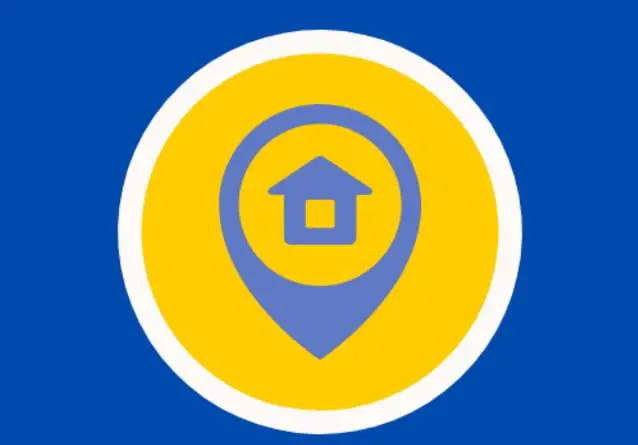COLLEGE OF SOCIAL SCIENCE AND HUMANITIES DEPARTMENT OF CIVIC AND ETHICAL STUDIES
Moral and Citizenship Education mid exam for freshman students of 2022 (30%)
Part One: Write ‘True’ if the statement is correct and “False” if it is incorrect (1.5 pts each)
- The objective of the current moral and citizenship education in Ethiopia is to create apathy and
politically subject citizen in the country. - Normative theory attempts to answer the question “which norms and conducts should we accept?
- According to ethical subjectivists, moral rules and principles are relative to culture of the society.
4.Ethical egoism is a type of non-normative ethical theory which emphasis on the priority of self-interest
in decision making process. - The proponents of anthropocentric view insist human beings to care for intrinsic values of
environmental elements. - Deontological theory of ethics is in opposition to the maxim “the end justifies the means” principle.
Part Two: Choose the best answer from the given alternatives for each of the following questions
(1.5pts each). - Which of the following is documentary sources of civic and moral education
A. Political science
B. Religious Institutions
C. Conventions and declarations
D. Mass media
8.Which one of the following is non normative ethical theory?
A. Ethical egoism
B. Utilitarianism
C. Deontological ethical theory
D, Meta ethical theory - Which of the following is correct about the difference between civics and ethics
A Civics deals with the rights and duties of citizens whereas ethics studies about the morality of the
society.
B. Civics mainly focuses on the horizontal interaction of the society whereas ethics targets the vertical
relation of the society with the governing body.
C. Civics especially focuses on the moral dilemmas on the other hand ethics emphasized on the artificial
rules made by organized society.
D. All of the above - Which of the following is correct about the objective of Civic and Ethical education in Ethiopia’s
regimes?
A. During the imperial government, the objective of the course was to create equality and proletarian
internationalism.
B. During the Military regime, its objective was to enshrine ethical and subject citizens to the
government.bodies
C. During the EPRDF regime, its objective was to create ethical and politically rational citizens
D. All of the above
11.Which one of the objective of civic and Ethical education specifically imply civic attitude of the
students?
A. The ability of students to reflect the prospects and challenges of political issues.
B. The psychological change of the students to tolerate diversity and living together.
C. The reasoning capability of the students about consensus building.
D. The cognition of students about democracy and democratic principles at national level. - All of the followings are correct about ethics and morality except.
A. Ethics is a subject matter of morality, whereas morality is the philosophical underpinning of ethics.
B. Morality provides rational justification about ethical issues whereas ethics specifically implies moral
terms.
C. Morality is a subject matter whereas ethics is the field of study about morality.
D. Both terms are absolutely synonym so that we use them interchangeably. - Which one of the following is correct about normative and non-normative theory of ethics
respectively?
A. Unlike the former, the latter prescribes the society to follow morally right principles.
B. The former emphasis on moral descriptions whereas the latter forwards moral rules.
C.The former ask “how we ought to behave to the case” whereas the latter asks what factually or
conceptually is the case?
D. The former follows the end justifies the means principle whereas the latter follows the means justifies
the end principle. - One of the following is incorrect about Meta ethical theory of ethics.
A. It asks what makes something good or right in studding morality
B. It is a detail investigation of moral terms.
C. It formulates principles for the question “How should I live?”
D. All of the above. - Which of the following is wrong about the principles of utilitarian theory?
A. You ought to act to achieve the greatest happiness for the greatest number.
B. You ought to act good result for the sole happiness of the doer.
C. You ought to act to promote the greatest balance of good over evil.
D. You ought to act to promote the greatest balance of pleasure over pain for the greatest number. - Which one of the following is correct ethical principle for ethical egoists?
A. You should take advantage of a situation unless you are foolish.
B. You ought to give up your own interest for the interest of the others.
C. You ought to behave virtuously based on your good moral character.
D. You ought to follow moral norms of the society to make right decisions. - One of the following is incorrect regarding the principles of environmental ethics.
A. The current generation has to worry about the fate of the future one’s
B. Those that pollute more to the environment should pay the compensation
C. The current generations are with the duty to make livable environment
D. The current generations have to use excessive environmental resources - Assume that Mr. Abebe has an urgent appointment with his girlfriend. And he is running quickly
downtown so as to arrive at the place where his girlfriend is waiting for him. Unfortunately, he saw a
man who is seriously injured by car accident and needing a help. For this reason, he decided to help the
man, and takenhim to the nearby hospital. Based on the given scenario, which duty is prioritized by Mr.
Abebe?
A. Duty of fidelity over duty of beneficence.
B. Duty of non-maleficence over duty of beneficence.
C.Duty of benefice over duty of fidelity.
D. Duty of benefice over duty of Justice.
Part three: Fill the blank space for the following two questions
19…………………………………is codes and standards that guides and regulates the actions and behaviors of
certain profession.
20………………………………is a field of enquiry that deals with the ends and means of national,regional and
global developments



